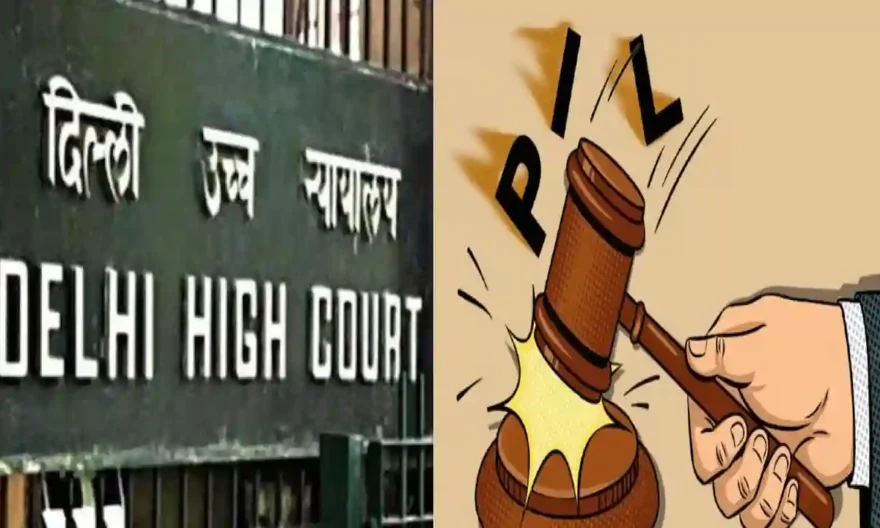
A Public Interest Litigation (PIL) has been moved in Delhi High Court today seeking direction to the Centre and Election Commission of India (ECI) to take apposite steps for compulsory voting in the Parliament and State Assembly elections, in order to enhance voter’s turnout and promote the political participation, improve quality of democracy and to secure right to vote.
The petitioner Ashwini Kumar Upadhyay, practicing Advocate, and the BJP leader seeks direction from the Law Commission to prepare a report on Compulsory Voting.
Therefore, the plea stated that low voter turnout is a persistent problem in India. A compulsory voting system can help to increase voter turnout, particularly among marginalized communities. It ensures that every citizen has a voice and that the government is representative of the people’s wishes. When voter turnout is high, the government is more accountable to the people and is more likely to act in their best interests.
The plea stated that the Implementation of compulsory voting has been successful in other countries, including Australia, Belgium, and Brazil. These countries have seen significant increases in voter turnout and improvements in the quality of democracy.
Furthermore, the plea said that the Supreme Court & High Court have repeatedly issued directions in past to the Election Commission to exercise its powers under Article 324 with respect to superintendence, direction, and control of the conduct of elections to Parliament and the State legislatures to redress violations of the fundamental rights and to protect the purity of electoral process and there is a good reason why the Court must take steps for simultaneous election.
The Constitution provides the right to vote as a fundamental right under Article 326. This right is subject to reasonable restrictions imposed by law. Compulsory voting can be implemented as a reasonable restriction in the interest of ensuring the smooth functioning of democracy.
Further, the plea read that The Supreme Court has also held that the right to vote is a statutory right, and the government has the power to impose reasonable restrictions on this right.




